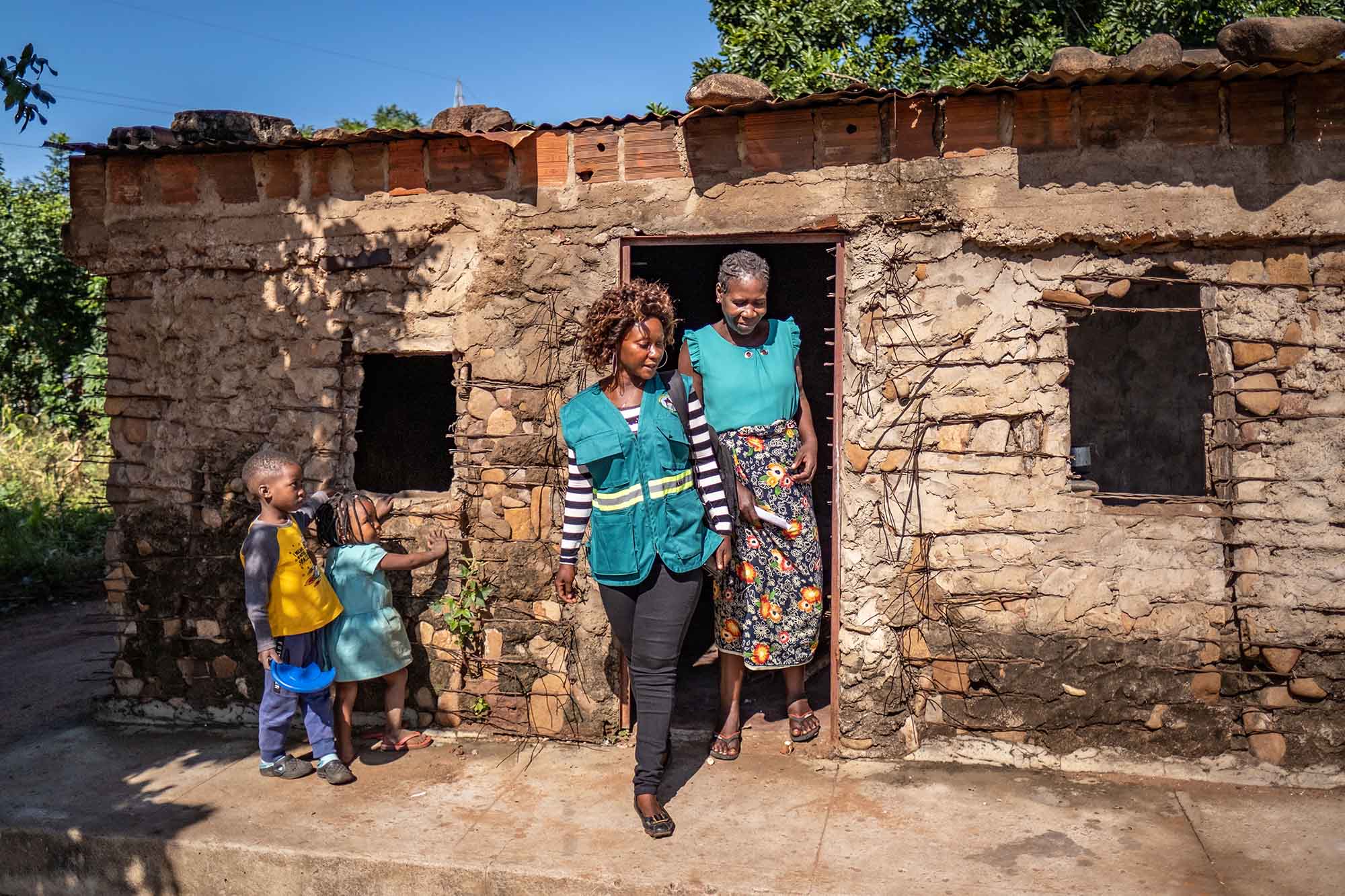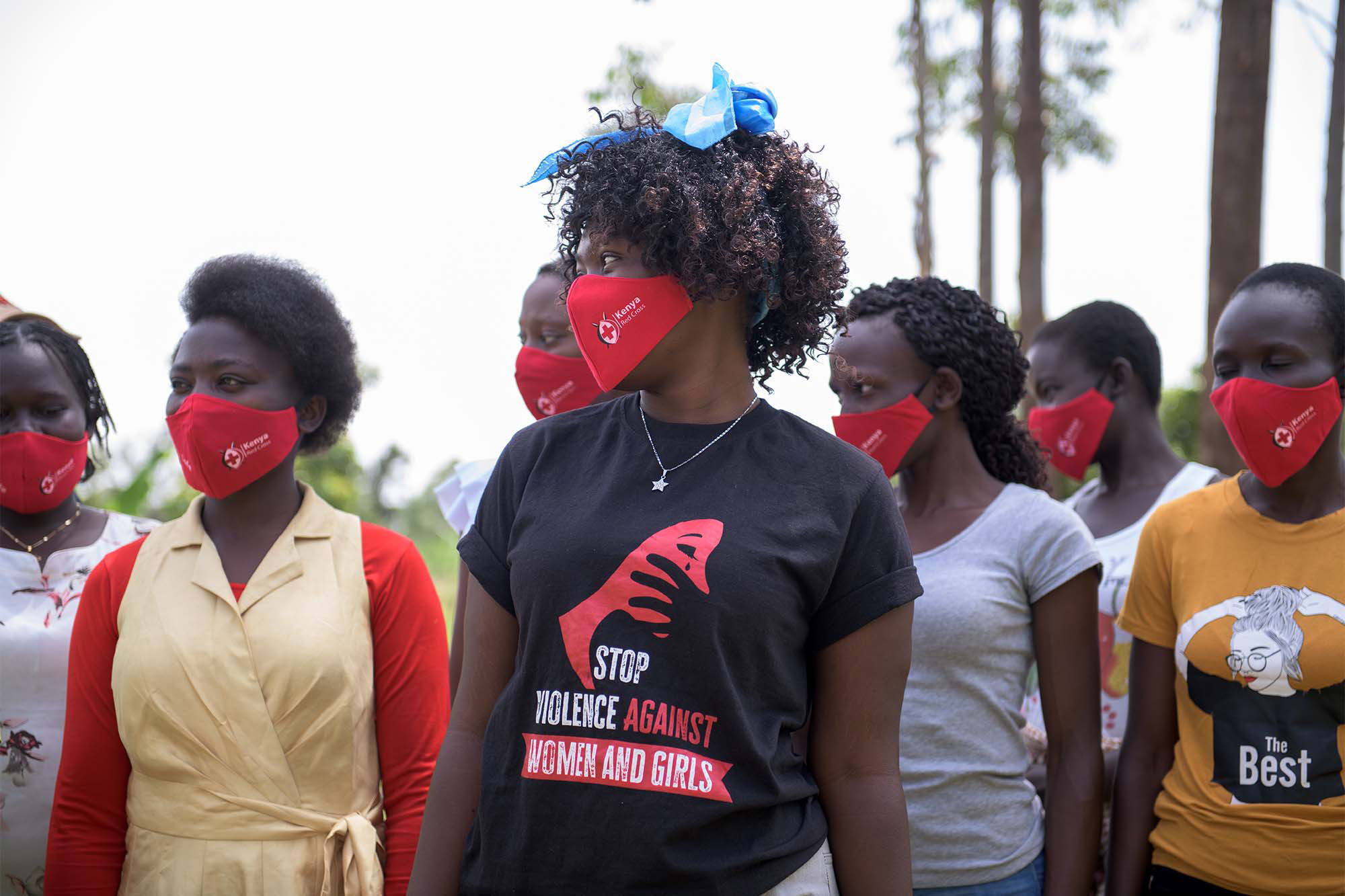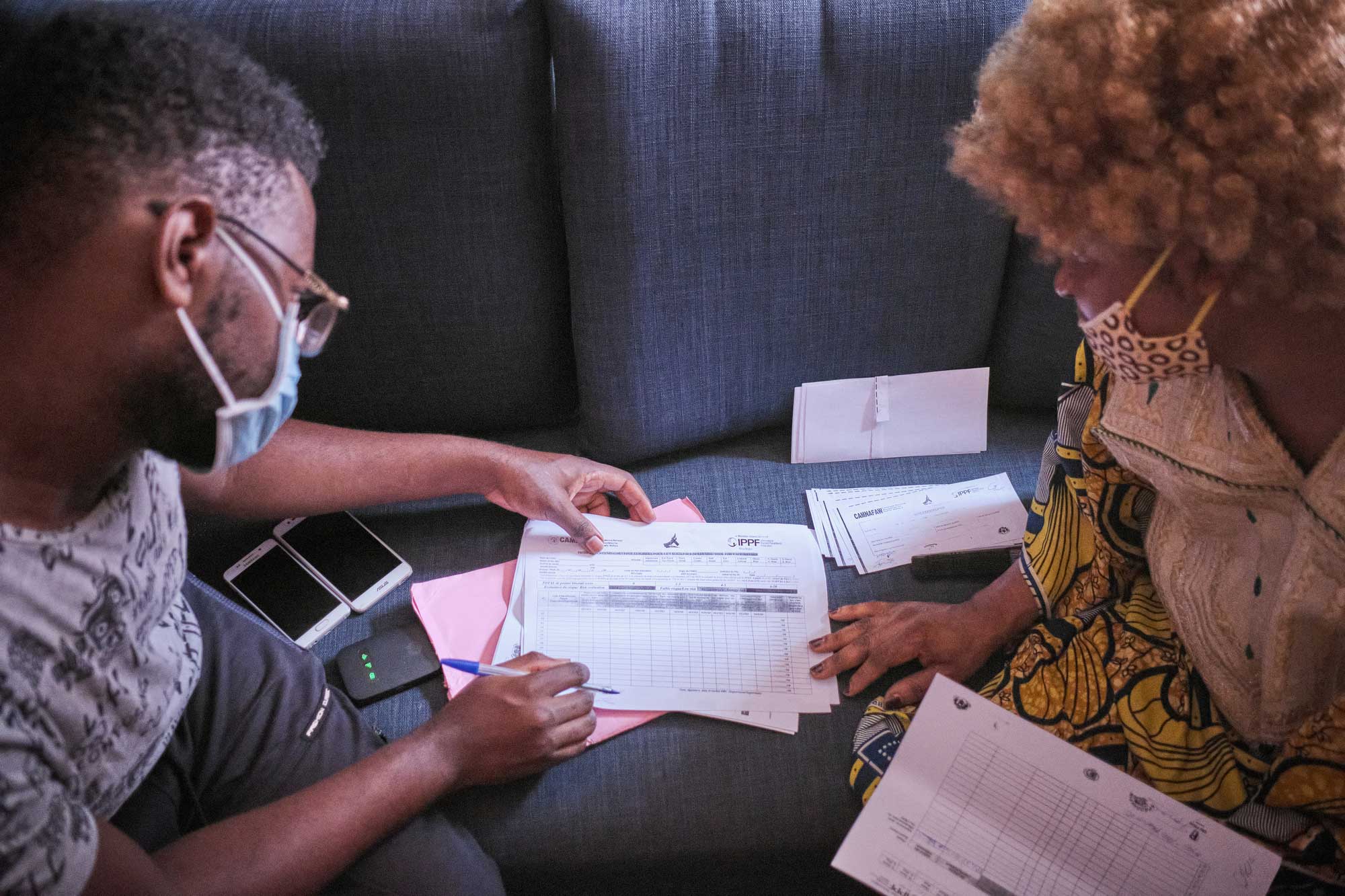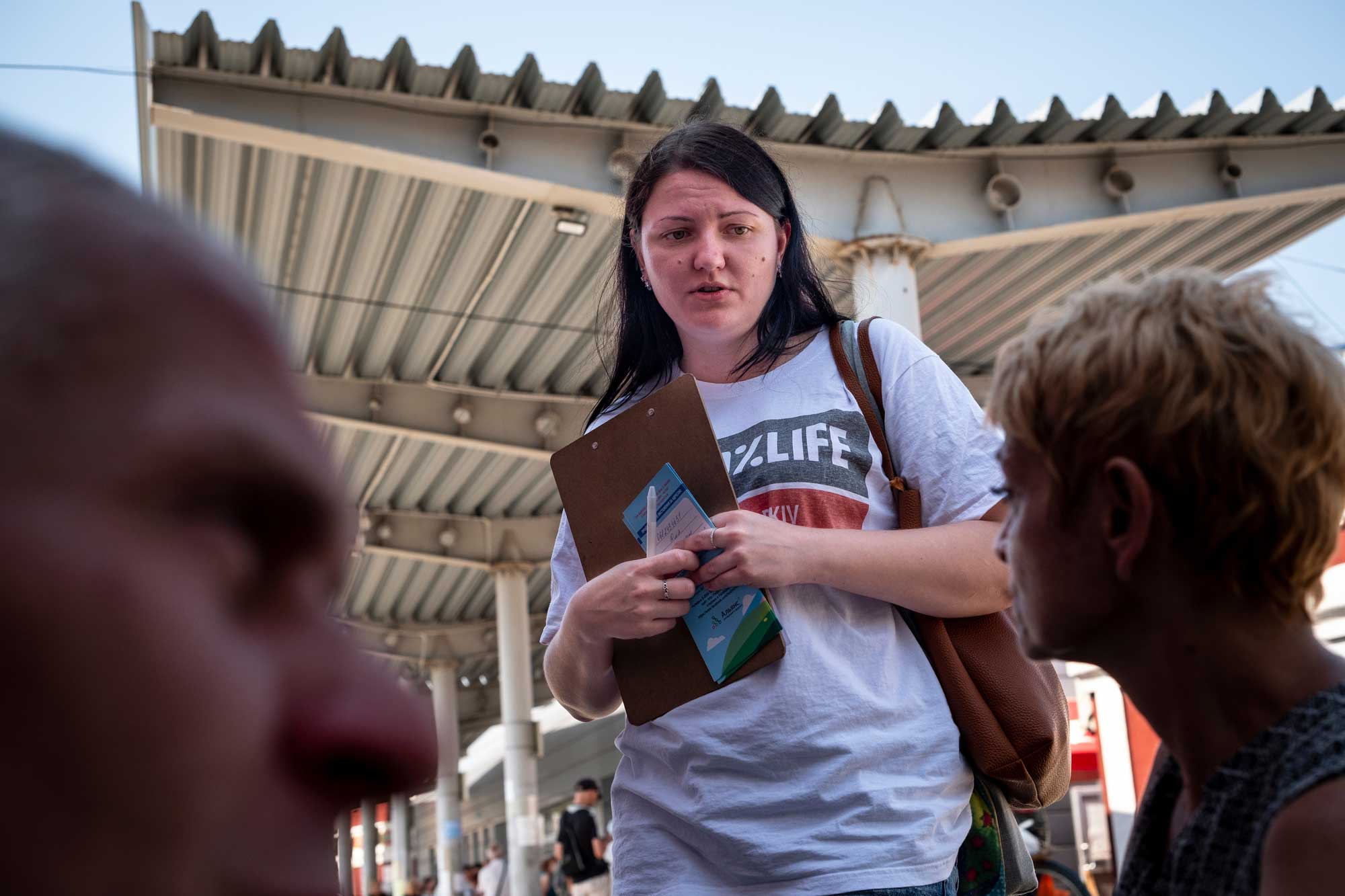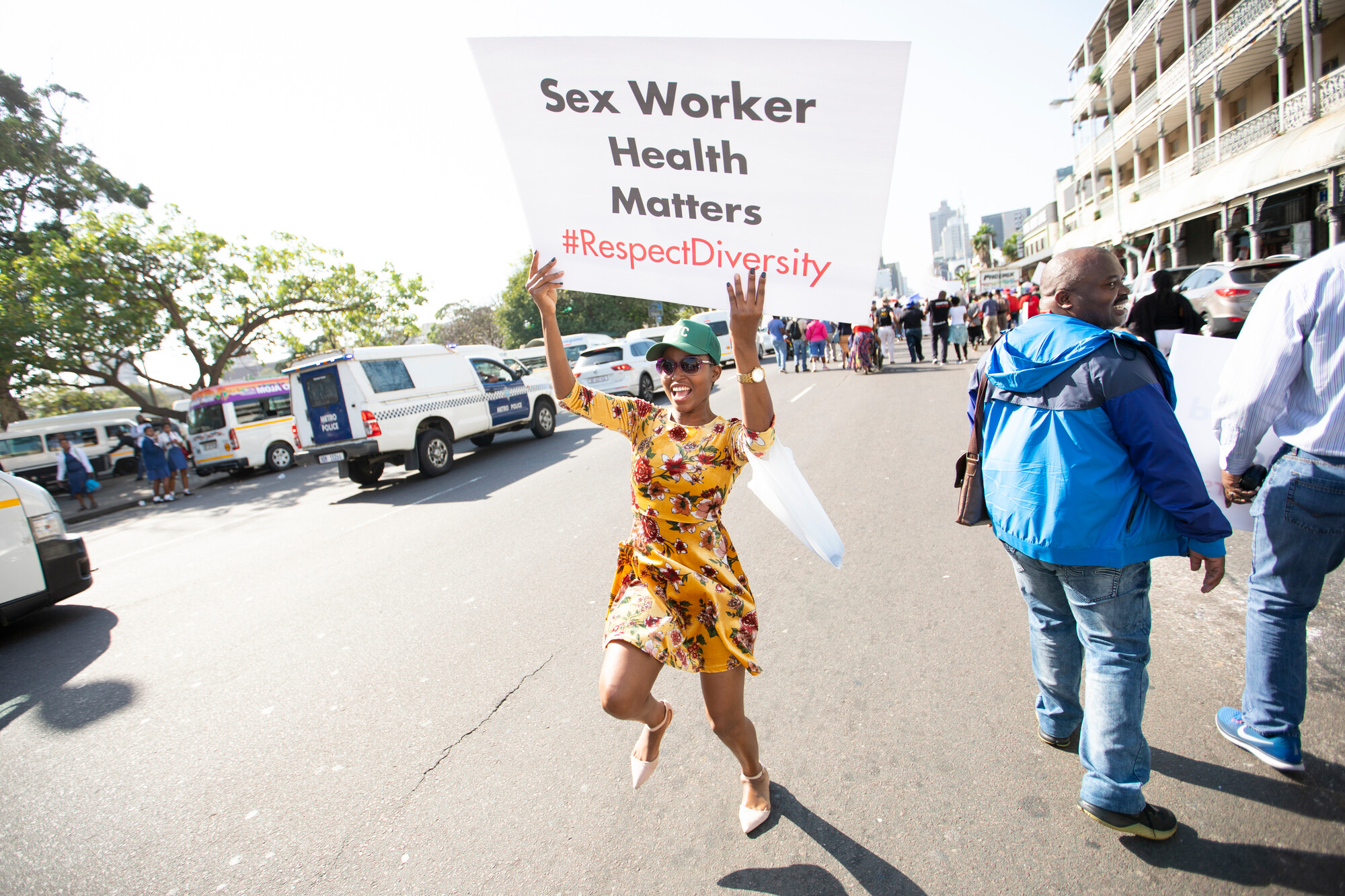The Challenge
In many countries, vulnerable and marginalized people cannot access prevention, treatment and care services because of barriers such as stigma or discrimination, violence (including gender-based violence), or punitive laws, policies and practices. These groups can also face persistent and growing barriers to equal engagement in decision-making, including around how financial resources are allocated and how health services are prioritized and delivered.
As epidemics become increasingly concentrated among those who are not well served by the formal health sector, it is essential to strengthen the leadership, engagement and capacity of the communities affected by and responding to HIV, tuberculosis (TB) and malaria. Community-based and community-led organizations and networks have a unique ability to interact with affected communities, react quickly to community needs and issues, and engage with affected and vulnerable groups.
These organizations and networks can provide direct services to their communities and advocate for improved health programming and policy environments. They are often best placed to guide and implement health programs that respond to their communities’ diverse needs, and to identify and contribute to addressing structural and social barriers that impede access to quality health care services.









